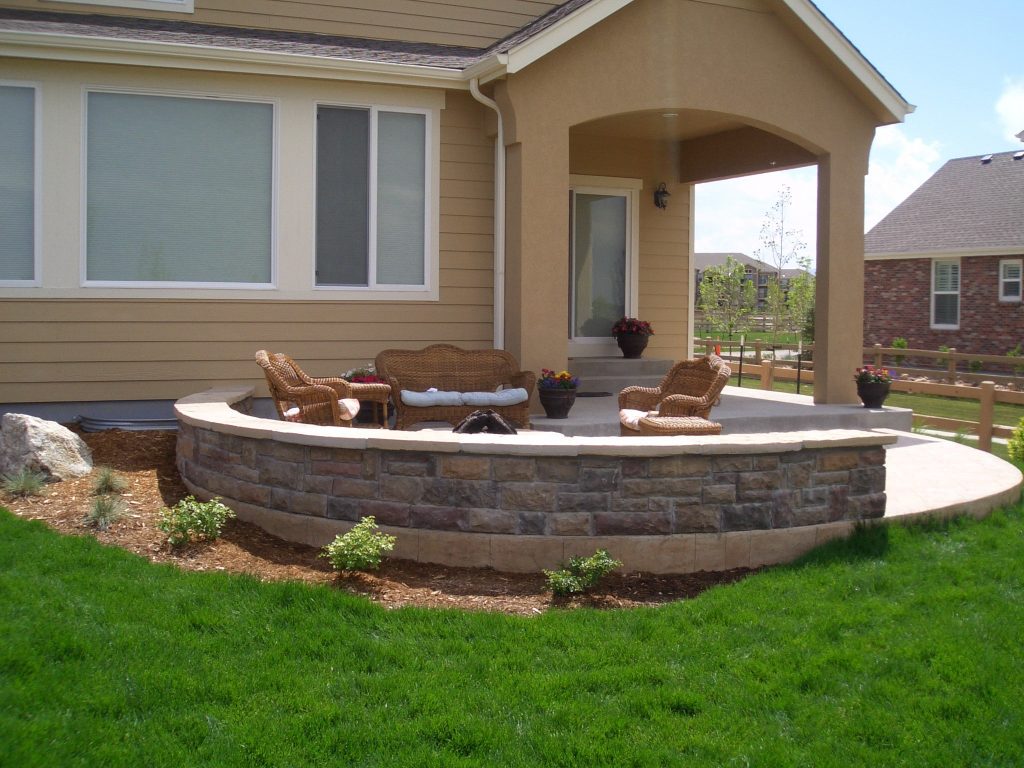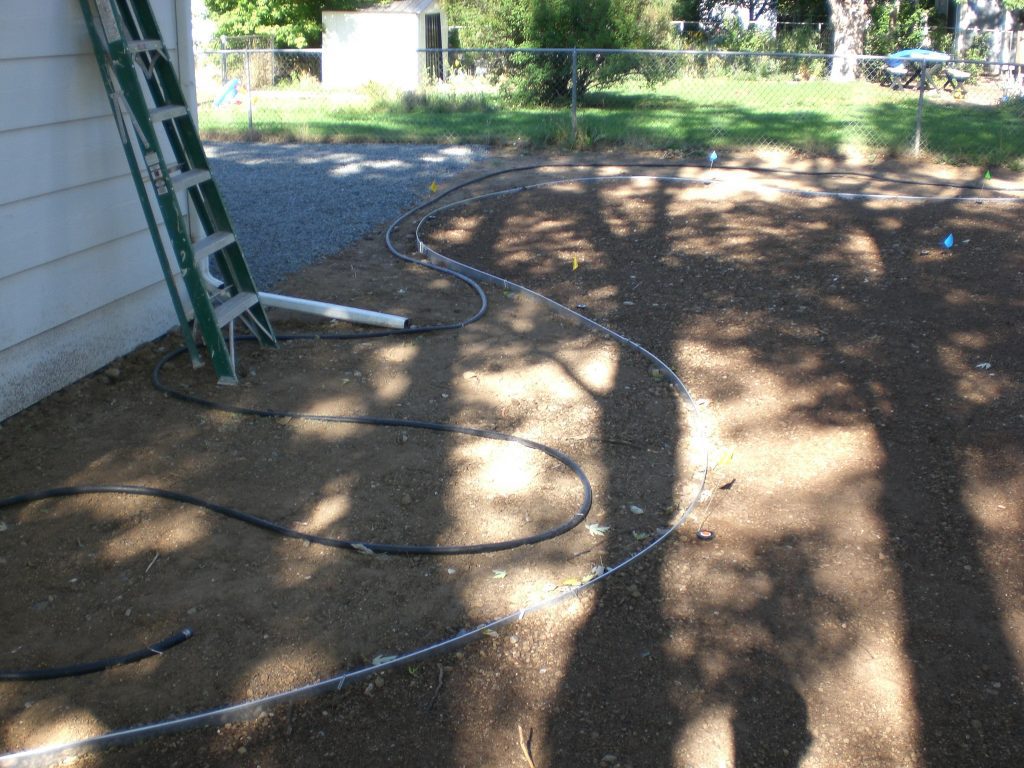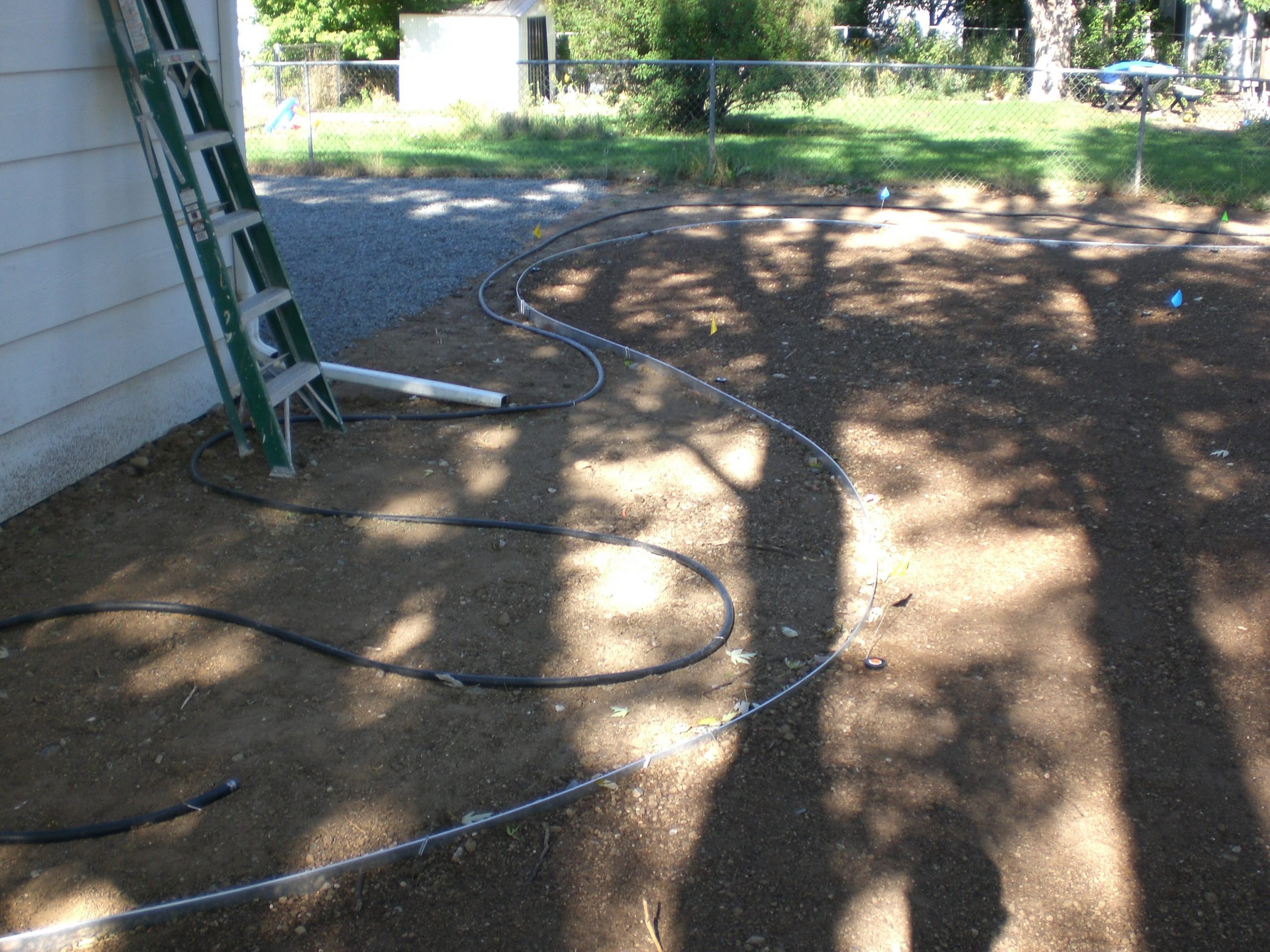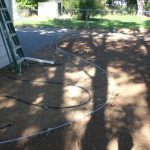Eco-Friendly Options for Landscaping Edging
Whenever you think of updating your landscape, chances are one of the first things that come to mind is how you will edge your flower beds. There are many options available on the market, but not all of them are eco-friendly. In this blog post, we will discuss some of the best eco-friendly options for landscaping edging.


Use recycled materials for your landscaping edging
Crafting your landscaping with creative edging can give your outdoor space a unique look, and using recycled materials is an environmentally responsible way to do so. Incorporating recycled plastic, stone or rubber into your edging helps cut back on production of new materials for the same purpose, and could be an interesting conversation-starter for guests. With thrift store shopping, savvy negotiation, or some DIY projects, you can build fun and sustainable edging in a cost-effective way.
Use natural materials that will decompose over time
Landscaping edging can be a great way to create an attractive and well-defined landscape around your property. Utilizing natural materials that will decompose over time is an excellent option as they are environmentally friendly, naturally sustainable, and often more cost-effective than non-decomposable materials. Additionally, these materials blend in with the landscape for a natural look that complements your garden. By using natural materials that will decompose over time for your landscaping edging, you can enjoy the beauty of continued growth without worrying about periodic maintenance or replacement costs.
Choose plants that are native to your area
When planning an outdoor landscaping service project, it is important to consider the local climate of your area and the types of plants that have adapted and thrived in the region. An easy way to do this is to select plants that are native to your area. Native species will be more resistant to illnesses and insects, meaning they require less care over time – ultimately saving money and labor in the long run. Furthermore, supporting local wildlife while enriching the beauty of your garden will give you a sense of satisfaction knowing you’re making environmentally-friendly choices; choosing native plants will provide essential habitat for birds, bees, butterflies and other local pollinators.
Use mulch to control weeds and help retain moisture in the soil
Using mulch is a great way to maintain your landscaping edging and keep weeds at bay. Mulch helps keep soil moist, which reduces the need for frequent watering. By acting as a barrier, it prevents weed growth while still allowing water and air to get through to the soil. Additionally, mulch breaks down over time, releasing important nutrients into the soil. Whether you choose wood chips, bark pieces or composted material, every type of mulch has its own advantages that can help to improve your landscaping edging and overall garden health.
Consider using a rain barrel to collect water for your plants
Having a functional rain barrel can be incredibly helpful in caring for your landscaping edging. By collecting and storing rainwater, you can use it to water the plants and flowers within your garden. This not only saves on tap water and saves money on your utilities bill, but it also prevents any potential contaminants from fertilizers or other sources from affecting the foliage of your landscape.
Create a compost bin for kitchen scraps and yard waste
Creating your own compost bin can be an easy and environmentally-friendly way of dealing with kitchen scraps and yard waste. Using landscaping edging to build the sides and bottom of your compost bin will help ensure that it has a longer lifespan, while also making sure that critters are kept out. Doing this will make sure that you end up with a nutrient-rich compost that can be used for fertilizing your garden beds or lawn. With only a few supplies and some time, you can create a compost bin for kitchen scraps and yard waste faster than you thought.
Landscaping edging doesn’t have to be expensive or time-consuming. By using recycled materials, natural materials, and native plants, you can create a beautiful and sustainable landscape that will last for years to come. Mulch and compost are also great ways to control weeds and help your plants thrive. And don’t forget to collect rainwater in a rain barrel to water your plants during dry periods. With a little planning and effort, you can create a beautiful and eco-friendly landscaping that will be the envy of your neighbors.


https://www.google.com/maps?cid=8276222164162540160


